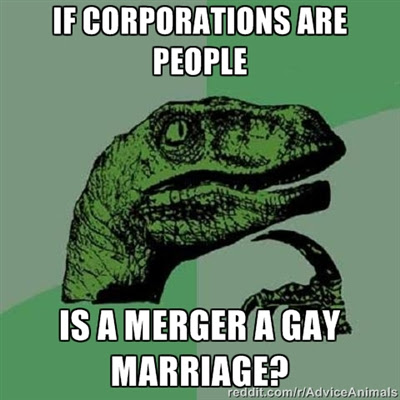In the post, I shared some of my skepticism with respect to the efficacy of bans on (or prohibition of) behaviors that many people find dangerous or distasteful. I wrote,
The last thing we need is to institute a counterproductive law that ironically makes our problem worse, not better. History has shown that when people have an intense desire to possess or to do something, they typically will find a way. People and corporations are incredibly resourceful when they need to be, which of course is why we now have corn in our Coca-Cola.That's a viewpoint that I'd shared here on previous occasions, most notably in the wake of the tragedy at the Harvard-Yale game in New Haven in 2011. In that case, I wrote about the trend toward banning kegs at tailgates, and the at-best-uneven success that they'd had. As I wrote then,
Harvard first banned kegs at its tailgates in 2000, while I was a student there. The primary argument that I remember at the time—when keg bans were very much in vogue at Boston-area colleges—was that kegs were a "symbol of binge drinking", and that eliminating them would temper binge drinking. I called bullshit then, and I'm calling bullshit now. If you want a real "symbol of binge drinking", I'll show you a 9-dollar handle of bottom-shelf vodka. Popov was always a favorite; Aristocrat was a winner, too.
The irony of kegs—an irony lost on most administrators—is that while they may indeed have looked like a symbol of binge drinking, they were in fact the administration's best friend. Beer, with its high water content and low alcohol content, is in fact the alcoholic beverage least likely to directly result in alcohol poisoning. The administration should have been doing all they could to encourage the drinking of beer, and to discourage the drinking of cheap wine and rot-gut liquor.
Unsurprisingly to those who knew better, the keg ban was a disaster. In the first year of the keg ban (2002), alcohol poisoning cases skyrocketed, leading to calls from student newspapers to reverse the ban entirely for the next home Game. Some accommodations were indeed made, but not enough to turn back the clock entirely. From what I have learned and witnessed at recent Games in Cambridge, less drinking is happening on-site, and now much more drinking is happening off-site, away from the watchful eyes of Harvard and Boston Police.I bring up the Harvard/Yale case because just this weekend, a similar mistake was made up in Green Bay during the Packers' Wild Card Playoff game against the Vikings. Concerned about the potential for binge drinking with an 8pm (7pm Central) kickoff time, the team decided to cut off all alcohol sales after halftime, hoping to control fan behavior.
Somewhat predictably, the plan backfired a bit, as resourceful Packer fans did what resourceful Packer fans do—they got loaded before they even entered the stadium, and many of them double-fisted drinks once they got there. A total of 21 fans ended up getting arrested on the premises, and I'd guess that a few more got arrested for drinking and driving on their way home.
While it's hard to know exactly how things would have gone without the attempted alcohol ban, the principle of the matter is still clear—if you ban something for which people have an intense desire, they will find a way to get around the ban, legally or not. In the case of gun control, gun sales have soared to record levels around the country in anticipation of new legislation. Even if the government does pass new laws, will it really be able to put that cat back in the bag and confiscate the weapons that were purchased ahead of time? Is there any reason to believe that a ban on any type of gun would be any more successful or productive than the long-standing ban on marijuana?
I continue to raise this issue because I refuse to believe that simply banning guns or certain types of guns will eradicate the mass murders that we've seen at schools and elsewhere in recent years. To actually tackle serious and complex issues, we need to attack the roots of the problem, not merely to take away the tools or "symbols" of those issues. We can get rid of all the guns we want, but there will still be people in this country (and the world) who are disillusioned, angry, or mentally unstable, and who want to do great harm to other people.
Until we try to figure out why these people exist—and what we can do as a society to temper their anger or mental illness—our gun control laws will be a sideshow at best, just like the alcohol bans at Harvard, Yale, and Lambeau Field. If you want to get rid of a behavior, you don't do it by getting rid of the tools. You do it by getting rid of the underlying mentality, and that's a much harder (and much more essential) task. And in the greatest country in the world, I'm sure we won't shy away from those difficult tasks, right?






